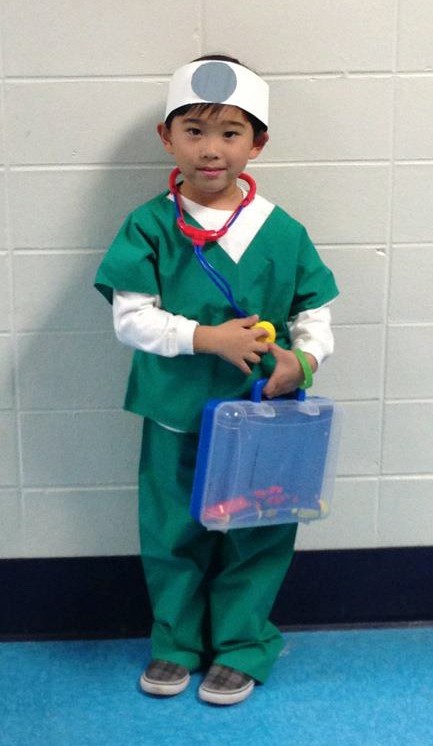3 Pieces of Advice for Caregivers
I’m excited to continue WEGO’s National Health Blog Post Month. I’ll be answering one question every day this month. (To see if you got the right answer to yesterday’s entry—3 truths and lie about me—skip below to the end.) Today’s WEGO Prompt is: Top Three Tuesday : Give three pieces of advice you would give to a caregiver.
My answer can be summed up in the acronym L E S.
- L is for Listening
- E is for Expectations
- S is for Self-Care
Listening


My five-year old nephew Mikko is a great listener—he’s been trying to take care of me since he was two-years old. Sometimes I sit quietly in pain and he’ll just come over and put his hand on my arm. He’ll sit in silence with me or he’ll ask me how I’m doing. Sometimes a person in pain needs to vent. As someone who’s known both physical pain (Polycystic Ovarian Syndrome and Myasthenia Gravis—a neuromuscular autoimmune disease) and emotional pain (Bipolar Disorder II), there are times when I felt better after talking to a friend. It didn’t make my disease go away but it made me feel less alone and more capable.
Expectations
Don’t pressure the patient with unrealistic or impatient expectations. You want to see the person you’re taking care of to be back to his or her “old self” again. Sometimes it’s hard to understand why the patient can’t look the way he/she used to or why he/she can’t do “easy” things. After getting Myasthenia Gravis (MG), it wasn’t helpful when people said things like, “Don’t worry. You’ll be yourself again—you’ll get back your long hair and start wearing heels soon.” It took two years for my hair to grow back and even though I tried, I couldn’t wear high heels anymore. I tried to force myself to wear them because I wore stilettos for ten years and they unconsciously became part of my identity. It didn’t help when friends would see me in heels and say, “The real Jessica is back.” I’ve learned that the real me has nothing to do with what’s on my feet. People are also more than the sum of their hobbies, talents, and physical abilities. Don’t be impatient when the person you love can’t do things he or she used to do. Saying things like, “It’s not that hard,” is not helpful. Just getting up in the morning can be difficult for many chronically ill people. Not everyone is the same—you may know someone with your loved one’s disease who’s conquered the world (the amputee who competed in the Olympics, the autoimmune patient who swims ten laps everyday, or the OCD warrior who went to Harvard). But just because the one you love can’t do “simple” things (cooking, driving, or laundry) doesn’t mean he/she isn’t trying.
Self-Care
I’ve seen people burn out while trying to take care of their sick loved ones. Under constant pressure, caregivers often develop depression or more visible health problems. Don’t forget to take care of you! This includes everything from eating right, exercising, to having an outlet to release your stress. You need people you can confide in whether that’s a therapist or support groups or really good friends. When I was suddenly hospitalized for MG in 2008, my maternal aunt was in chemotherapy for Stage 3 Colon Cancer. This was so stressful. My mom almost had a heart attack. After seeing her doctor, she started living healthier. She threw out all junk food in the house and exercised more. She also had a great network of friends she relied on. My mom depends on her faith in Christ, family, and friends for support. If she didn’t take care of herself, she could not take care of me.
Have you ever been a caregiver? What advice do you have for caregivers?
Answer to Yesterday’s Question
Of the four statements, #2 is false. None of my family members have MG.
–Your Stylist,
Jessica Gimeno


